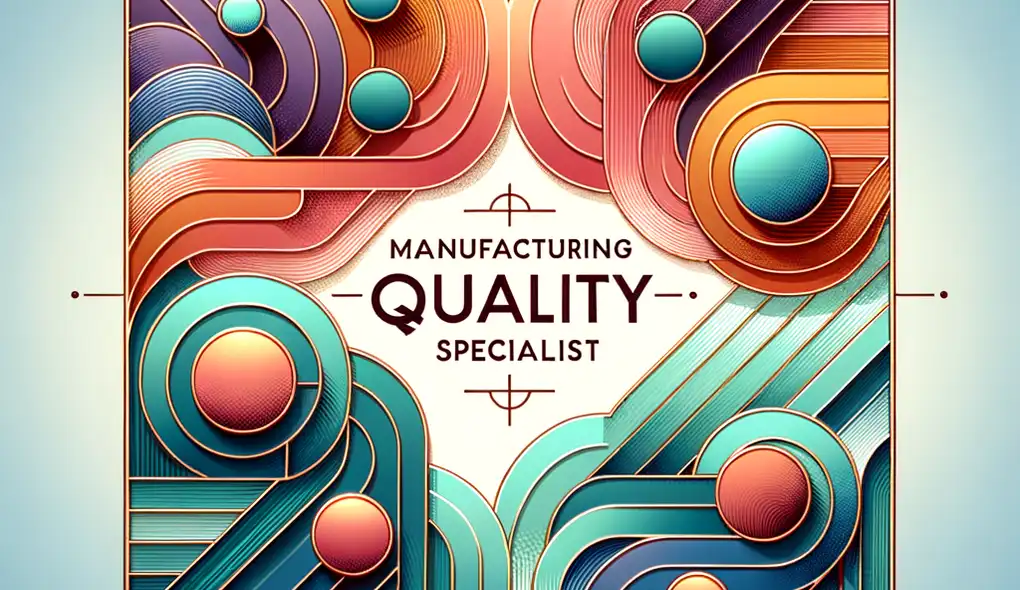How do you handle situations where the production team is unable to meet quality standards?
Manufacturing Quality Specialist Interview Questions
Sample answer to the question
When the production team is unable to meet quality standards, I would first approach the situation calmly and objectively. I would gather all the necessary data and conduct a thorough analysis to identify the root cause of the issue. Once the cause is determined, I would collaborate with the production team to develop and implement corrective actions. This could involve modifying processes, providing additional training, or introducing new quality control measures. Clear communication is key in these situations, so I would ensure that everyone is aware of the steps being taken to resolve the issue and the expected timeline for improvement. Additionally, I would maintain documentation of the entire process for future reference and continuous improvement efforts.
A more solid answer
When faced with a situation where the production team is unable to meet quality standards, I would take a systematic approach to address the issue. First, I would gather data and conduct a thorough analysis to identify the root cause of the problem. For example, this could involve reviewing production logs, inspecting product samples, and conducting interviews with team members. Once the root cause is identified, I would work collaboratively with the production team to develop and implement appropriate corrective actions. This may include modifying processes, providing additional training, or introducing new quality control measures. Effective communication is critical in these situations, so I would ensure that all team members are informed about the steps being taken to resolve the issue and the expected timeline for improvement. I would also document the entire process, including the analysis, actions taken, and outcomes, for future reference and continuous improvement efforts. By taking a methodical and collaborative approach, I believe we can effectively address quality issues and improve overall performance.
Why this is a more solid answer:
The solid answer expands on the basic answer by providing more specific details and examples. It demonstrates the candidate's ability to systematically analyze and address quality issues, as well as their emphasis on collaboration and effective communication. However, it could still benefit from additional examples and a stronger focus on the candidate's knowledge of quality assurance methodologies and processes.
An exceptional answer
In my experience, situations where the production team is unable to meet quality standards require a comprehensive approach to problem-solving. As a Manufacturing Quality Specialist, I would start by conducting a thorough analysis of the production process to identify any inefficiencies or gaps in quality control. This would involve reviewing production data, conducting root cause analysis, and analyzing quality trends. Once the root cause is determined, I would work closely with the production team to develop and implement tailored solutions. For instance, if the issue stems from a lack of training, I would organize training sessions to upskill the team members. Alternatively, if the problem is related to equipment failure, I would collaborate with the maintenance team to ensure timely repairs or replacements. Throughout the process, I would maintain open lines of communication with all stakeholders, providing regular progress updates and seeking their input and feedback. Additionally, I would track and measure the effectiveness of the implemented solutions, using statistical quality control tools to monitor key performance indicators. By taking this proactive and data-driven approach, I believe I can effectively address quality issues and drive continuous improvement in the production process.
Why this is an exceptional answer:
The exceptional answer goes beyond the solid answer by providing even more specific details and examples. It showcases the candidate's ability to analyze complex situations and tailor solutions to address the root cause of quality issues. The answer also emphasizes the candidate's proactive and data-driven approach, as well as their ability to drive continuous improvement. Overall, this answer exhibits a high level of expertise and problem-solving ability in the context of the Manufacturing Quality Specialist role.
How to prepare for this question
- Familiarize yourself with quality assurance methodologies and processes, as well as industry-related quality standards and regulations.
- Develop your analytical skills by practicing data analysis and root cause analysis techniques.
- Improve your problem-solving abilities by solving case studies or participating in quality improvement projects.
- Enhance your communication skills by practicing effective communication techniques and actively listening to others.
- Gain knowledge of statistical quality control methods and tools.
- Prepare examples from your past experiences where you successfully addressed quality issues and implemented quality improvement initiatives.
What interviewers are evaluating
- Analytical skills
- Problem-solving abilities
- Communication skills
- Ability to work in a team
- Knowledge of quality assurance methodologies and processes
Related Interview Questions
More questions for Manufacturing Quality Specialist interviews